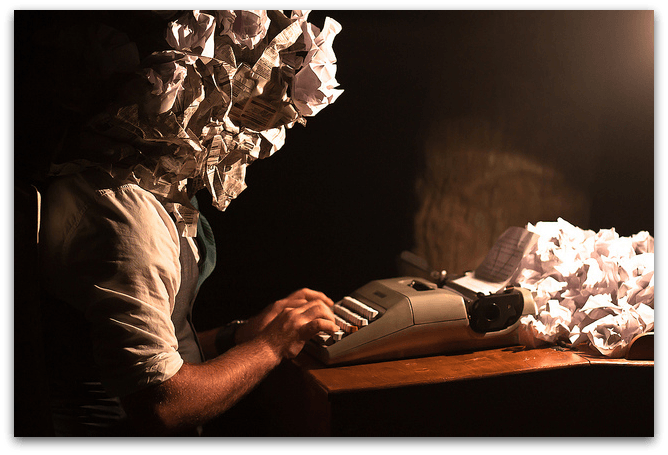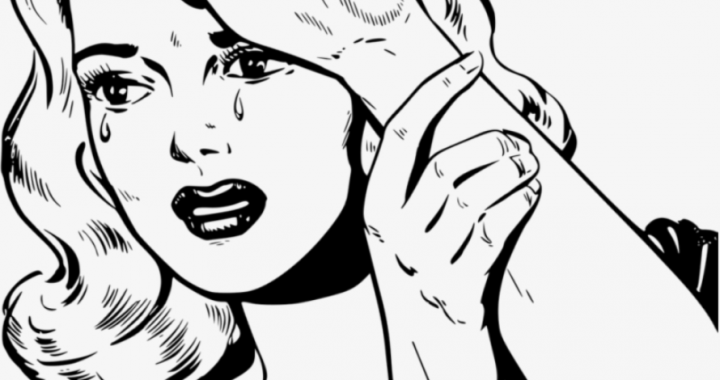There are as many methods of producing great literature as there are pens. Nevertheless, one way of sabotaging our output as writers is to criticize before we’ve concluded our daily production of words. When you are writing, write. When you are editing, edit. Both are as essential to great work as the alphabet is to language. Following the metaphor, as know M necessarily precedes N. Likewise, the “writing” must come before the “editing,” and not in tandem.
Do not call “editing” your sudden need to reread the first sentence at the top of the paragraph because you are at a loss of words. Do not call “editing” your spiral to recast and re-recast the order of events in your chapter, one-quarter through completion of a draft. Professor Susan Bell in her book, The Artful Edit, cites examples of writers whose output is snail-paced (please see Luc Sante). This breed of writers will output a story in bits, spurts, handfuls. Stop. Then reread to make sure there are headed in the right direction. Do not confuse their careful placement of words, and harmony with inspiration, with the amateur’s predisposition to-flinch-and-reread. Notice the pro’s need to Stop. Then worship it. In the same book, Bell calls for us to honor the pause between acting as Writer and acting as self-Editor. This is because editing requires objectivity. There needs to be a breath between the last stroke of a quill, and the first dash of a red pen.
Please see Hemingway, Bukowski, and Anne Lamott, author of “Bird by Bird,” for quotes on letting the “first draft” come out of you unimpeded, without conflating the initial cast of words with their refinement.
Exercise:
Concentrate on the “Write”:
Free association. Take a clean sheet of paper, could be from a notebook, a notepad, or the blank notes section of a planner. Begin at the top left corner and write the thoughts that cross your mind as they cross your mind. Do not hesitate. Do not falter. Yet, do scribble. Do let your hand speak. (Free association might seem intimidating at first, though if you think about it, isn’t most writing this listening ourselves? As warm-up, instead, fill your clean sheet of paper with “I…” sentences. That is, write only sentences that begin with “I.” This will help concentrate your mind on writing, and not editing.)
Concentrate on the “Edit”:
Pull one of your favorite books from the shelf closest to your desk. Make sure it is a sacred, “perfect” book that in no way your “writer” self would dare add lines to. Now, open to any page. Then, in the margins, replace all the adjectives with their antonyms. Alternatively, you can replace all the character names with names of people you know in your life. If you’ve selected a thick book with small margins, do one adjective/name swap for a couple of pages. The purpose here is to separate the Writer pocket of your brain with the Editor pocket by narrowing this task to one of purely editorial function.




